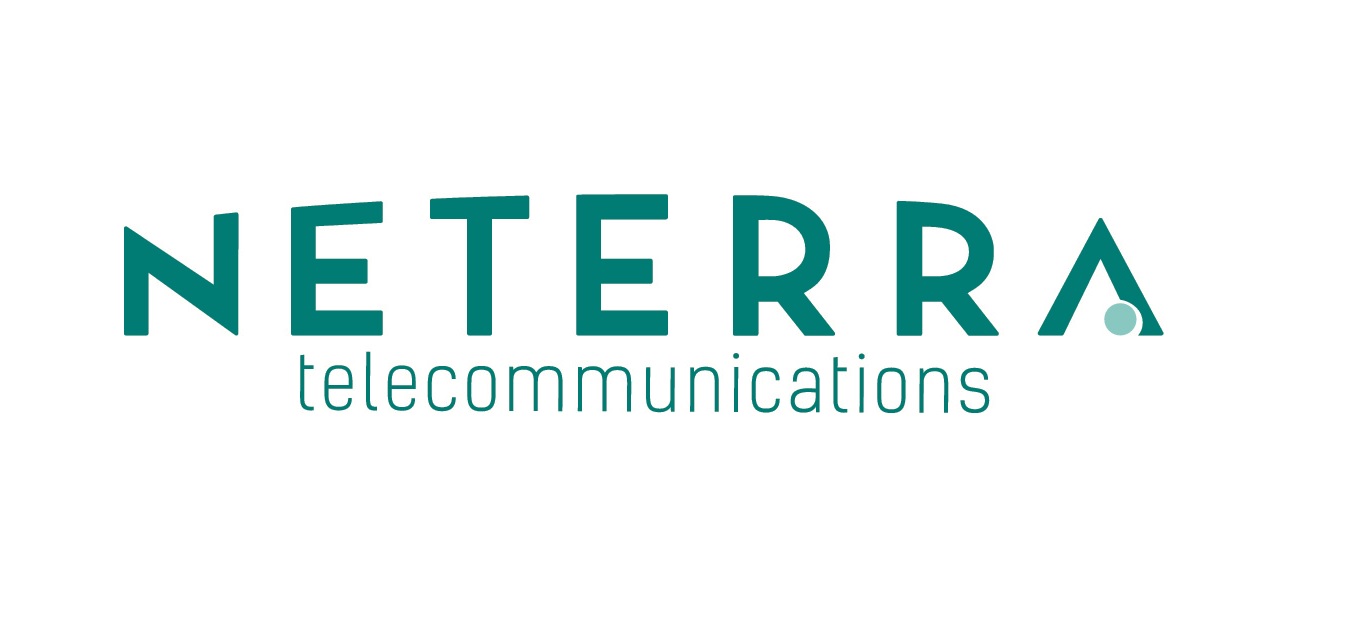
ARTON PROGRAM - The therapeutic power of the group
Creative projects involving group work - general musical performance or group painting, collage, sculpture - are useful in helping to explore and strengthen social...

Drawing from several different sources, a simple definition of emotional intelligence (also called the Emotional Quotient, or EQ) describes an ability to monitor your own emotions as well as the emotions of others, to distinguish between and label different emotions correctly, and to use emotional information to guide your thinking and behavior and influence that of others (Goleman, 1995; Mayer & Salovey, 1990).
Emotional intelligence is what we use when we empathize with our coworkers, have deep conversations about our relationships with significant others, and attempt to manage an unruly or distraught child. It allows us to connect with others, understand ourselves better, and live a more authentic, healthy, and happy life.
Although there are many kinds of intelligence, and they are often connected to one another, there are some very significant differences between them.
EQ is emotional intelligence, which, as stated above, is all about identifying emotions in ourselves and others, relating to others, and communicating about our feelings (Cherry, 2018a).
IQ, on the other hand, is cognitive intelligence. This is the intelligence that people are generally most familiar with, as it is the type that is most often referred to when the word “intelligence” is used. It is also the type that is most often measured through testing and estimated through things like grade-point average.

To get an idea of the timeline for the introduction and embrace of emotional intelligence within psychology, we can start with Peter Salovey’s work.
1. The Work of Peter Salovey
Peter Salovey, along with his colleague John Mayer, put forth one of the first formal theories of emotional intelligence in 1990. They coined the term and described it as “the ability to recognize, understand, utilize, and regulate emotions effectively in everyday life” (Yale Center for Emotional Intelligence, 2013).
It is their work that provoked an explosion of interest in emotional intelligence, both within academic fields and in the general public. Judging by the proliferation of books, studies, and research questions centered on the topic, Salovey and Mayer truly struck a chord with their theory.
2. A Look at Daniel Goleman and His Renowned Book
Daniel Goleman. Image Property of Wikimedia Commons.
Not long after Salovey and Mayer introduced emotional intelligence to the world, other researchers and psychologists began to run with it. Daniel Goleman was one such psychologist; he published the bestselling book Emotional Intelligence in 1995, which helped introduce it into the mainstream.
Goleman saw emotional intelligence as a vital factor in success, especially for children. He proposed that promoting social and emotional learning in children to boost their EI would not only improve their learning abilities, it would also help them succeed in school by reducing or eliminating some of the most distracting and harmful behavioral problems (Goleman, n.d.).
His proposal has been welcomed by both the research community and the general public, and it is now almost taken for granted that emotional intelligence might be just as important—if not more important—to individual success as IQ.
Schools, educators, and education researchers have also heartily welcomed the idea that emotional intelligence is not simply a genetic, “you have it or you don’t” sort of trait, but a set of skills that can be learned and improved upon.
3. Travis Bradberry and Emotional Intelligence 2.0
Following the groundbreaking book by Goleman, author Travis Bradberry and his colleague Jean Greaves capitalized on the growing interest and published their own book, Emotional Intelligence 2.0, which outlines a step-by-step program for enhancing it.
Bradberry and Greaves propose 66 evidence-backed strategies to build emotional intelligence by teaching self-awareness, self-management, social awareness, and relationship management.
The authors claim that the book, praised by the Dalai Lama himself, can help you better understand the emotions of yourself and others, and offers a pre- and post-test to prove it.

There are two numbers to remember to help you understand what emotional intelligence is all about: five and four. There are five components of the emotional intelligence model and four dimensions to EQ.
The 5 Components/Elements/Domains of the EQ Model
According to Daniel Goleman, there are five components or elements of emotional intelligence:
Self-awareness can be defined as “the ability to recognize and understand your own emotions” (Cherry, 2018b). It is the foundational building block of emotional intelligence, since regulating ourselves, having empathy for others, and so on all rely on identifying and understanding emotion in ourselves.
Self-regulation is one step further—to have high EQ, we must not only be able to recognize our own emotions, but we must also be able to appropriately express, regulate, and manage them.
People who have high EQs also generally possess more intrinsic motivation. In other words, people high in EQ are motivated for internal reasons rather than external rewards like gaining wealth, respect, or fame. Those with high EQs are motivated for their own personal reasons and work toward their own goals.
Empathy can be defined as the ability to understand how other people are feeling and recognize, on an intimate level, how you would feel if you were in their position. It does not mean you sympathize with, validate, or accept their behavior, just that you can see things from their perspective and feel what they feel.
If you need a break before learning about the last part of the EQ measurement, watch this animation on empathy.It is—arguably—the most important skill to practice. Do you agree that empathy is a kind of sacred space?
Finally, social skills are the last piece of the EQ puzzle; these skills are what allow people to interact socially with one another and to successfully navigate social situations. Those with high EQs generally have higher-than-average social skills and are able to effectively pursue their goals and get the outcomes they want when interacting with others (Cherry, 2018b).
According to EQ “founding fathers” Salovey and Mayer, there are four distinct dimensions or branches of emotional intelligence that form a hierarchy of emotional skills and abilities:
The first dimension, perceiving emotion, relates to being aware of and recognizing other people’s states (both physical and psychological states, like being in physical pain or feeling frazzled), identifying emotions in other people, expressing one’s own emotions and needs accurately and appropriately, and distinguishing between accurate, honest feelings and inaccurate, dishonest feelings.
Using emotions to facilitate thought involves redirecting and prioritizing your thinking based on the feelings associated with those thoughts, generating emotions that will facilitate better judgment and memory, capitalizing on mood changes so you can appreciate multiple points of view, and using emotional states to improve your problem-solving skills and creativity.
The dimension of understanding emotions includes understanding the relationships between various emotions, perceiving the causes and consequences of emotions, understanding complex feelings and contradictory states, and understanding the transitions among emotions.

There are many characteristics that can be used to describe people high and low in emotional intelligence.
According to Success.com’s Rhett Power (2017), these are the seven qualities that best describe employees and leaders with a high EQ:
Further examples from the website Zenful Spirit include:
On the other hand, there are some good signs of low emotional intelligence as well. Qualities that describe people with low emotional intelligence include:

Why should we care about developing our emotional intelligence skills?
Being able to understand your emotions is fundamental to understanding what will lead you to flourish and become more high-functioning. That’s because as humans, we tend to be highly emotional and social creatures.
Being emotionally intelligent will help you connect with others, boost your performance at work, improve your communication skills, become more resilient, and more. It turns out that having a high level of EI can make you successful in just about every aspect of your life.
Only an organization whose members possess emotional intelligence can work to maximum effectiveness.
Emotional intelligence only increases the organization’s success, no matter how that success is measured. The bottom line is that it is essential for excellence in business.
Emotional intelligence can do wonders for your business because using it at work will make you understand how people and relationships function.
Emotionally intelligent colleagues will consistently excel in leadership, teamwork, partnership, and vision because they will have insight on their relationships with the staff, organizations, directors, customers, competitors, networking contacts, and so on.
An organization of emotionally intelligent people employs staff members that are motivated, productive, efficient, effective, rewarded, and likable, and their goals will be more aligned with the organization’s agenda. This is because emotional intelligence is applicable to every human interaction in business; having a staff with a high average EQ will help with customer service, brainstorming ideas, company presentations, and myriad other activities.
Emotional intelligence in the workplace will help you assess people better, understand how relationships develop, understand how our beliefs generate our experiences and learn to prevent power struggles, negative judgment, resistance, and so on in order to increase vision and success.

To expand a bit on the previous section, emotional intelligence is closely related to communication skills; people with high EQs tend to be proficient in their communication abilities.
Those who are high in emotional intelligence:
From this list, it’s clear how EI affects communication: A high EQ leads to competence in conversations, and competence in conversation is a requirement for both a healthy personal life and a healthy professional life.
Communication leads directly to the next reason why it’s important to develop emotional intelligence: building and maintaining healthy relationships.
It’s easy to see how having a high EQ can lead to better relationships.
People high in EQ can:

Finally, another important reason to pay attention to emotional intelligence is how it affects one’s resilience. People who are high in EI are also generally able to pick themselves up when they fall.
In fact, emotional intelligence is considered by some to be a direct source of resilience. Researchers Magnano, Craparo, and Paolillo (2016) found that emotional intelligence is directly related to resilience and, through that connection, it’s related to achievement and achievement motivation.
In other words, those with high levels of emotional intelligence are more likely to strive for success and pursue their goals, meet those goals, and get back on track after failure or disappointment.
Translation, professional adaptation and re-posted from https://positivepsychology.com/

Creative projects involving group work - general musical performance or group painting, collage, sculpture - are useful in helping to explore and strengthen social...

In the ARTON Program our team of oncopsychologists, art therapists and music therapists develops the process of children's creativity as a process of...

In ARTON sessions, creating a piece of music or a song is an emotional experience of coping and satisfaction for the participating children. They make friends with...

Painting provides patients with a spontaneous, plastic method of depicting thoughts and experiences. Painting with paints is not as structured as with pencil or...










